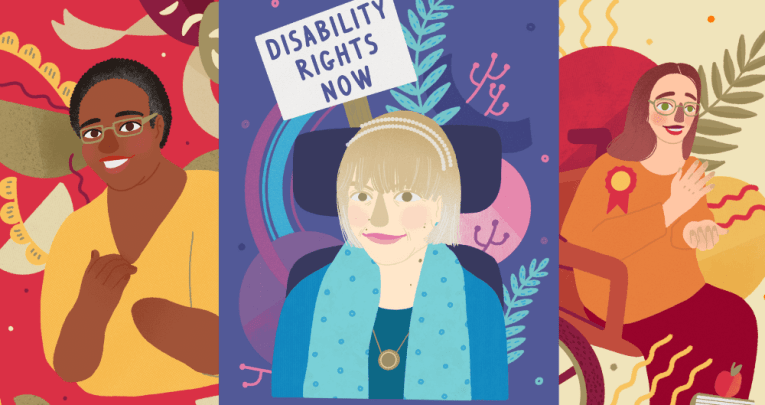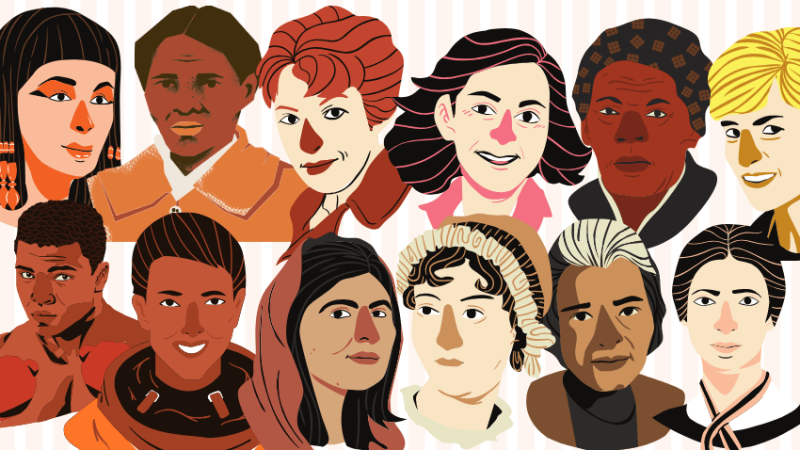An After-School Classics Club can Boost Enthusiasm for Learning
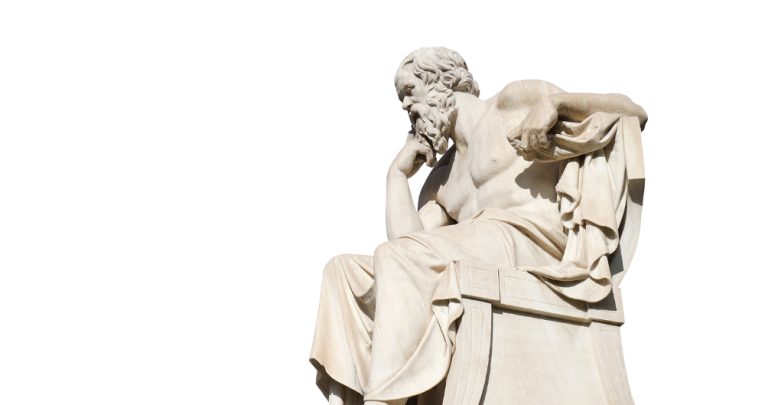
Studying classics isn’t just for Private Schools – boost enthusiasm for learning with your own funded after-school club
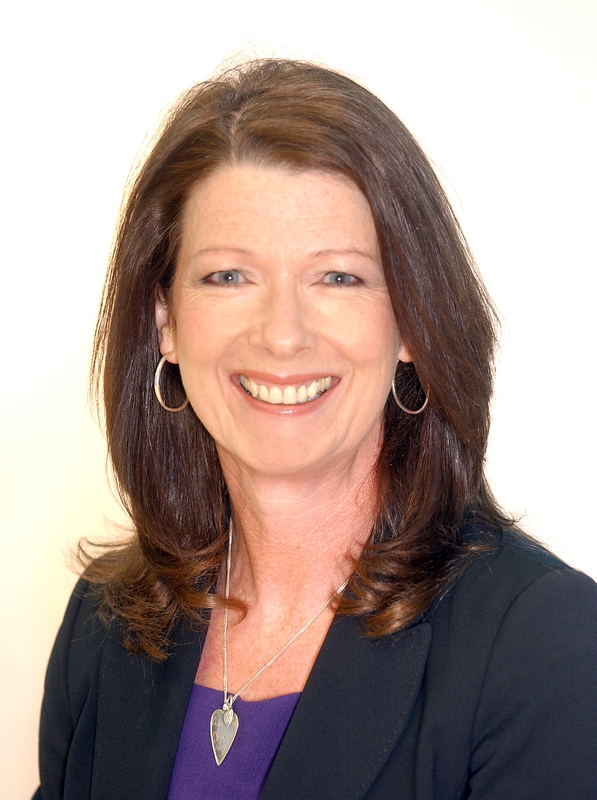
- by Bev Forrest
- History specialist, former chair of Historical Association Primary Committee
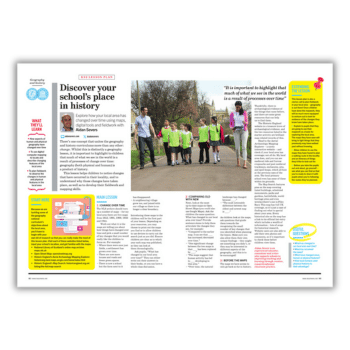
What do Boris Johnson, JK Rowling and Coldplay’s Chris Martin all have in common? The answer is they all studied classics at university.
Following in their footsteps are a group of children in an inner city school in Leeds. They’re learning about the language and culture of Ancient Greece thanks to a project funded by the charity Classics for All.
Laura Hossack, history subject leader at Corpus Christi school, first became aware of the project when contacted by the classics department at Leeds University. Immediately, Laura saw the project’s potential to enhance the learning of all her pupils, and particularly those identified as gifted and talented.
Laura decided the best way to introduce the project in her school was via an after-school club. Corpus Christi is passionate about ensuring that all pupils find something that inspires them and where they can excel.
To support this aim, the school prides itself on running a wide range of after-school activities with a sports or creative focus. Laura believed that her new ‘Mega Greek’ club would appeal to pupils interested in languages, history or those simply wanting to try something new and different.
Headteacher Wendy Walsh was keen to support the venture and thrilled to be able to create a club with a difference. Currently the scheme is open to Y4 and 5 pupils as an extension to their Ancient Greece history topic. The response to join was overwhelming and the school hopes to open up the experience to more pupils over time.
Language detectives
Initially Laura was worried that having no knowledge of the Greek language would mean she would struggle to run the activities. These fears quickly disappeared when she began planning sessions in conjunction with Maria, a classics PhD student from the university.
Each session has a strong focus on language and also looks at the culture of the region. This is often accompanied by a craft activity.
Recent activities have included learning the Greek alphabet and writing out the children’s names, creating artwork, performing drama, making an origami Icarus flyer and, by far the children’s favourite, sampling Greek food.
On a recent visit to the school the pupils were eager to tell me all about the club. One child felt proud about being a member and enjoyed telling one of her Greek friends all the things she had found out about his country. Another pupil impressed me by being able to count in Greek.
Laura has noticed a very positive benefit in the pupils’ approach to learning, particularly in literacy lessons. Her pupils have become language detectives, identifying many links between Ancient Greek and English.
For example, the pupils were able to understand the meaning of various mathematical words by investigating their Greek origins.
History learning has benefited too. Club members have a deep insight into the period that they can share with class members, bringing benefits for everyone. It’s early days for the project but Laura can already see the impact of the club on levels of motivation for learning, enthusiasm for languages and improved assessment outcomes.
Spreading the word
Classics for All has been working to raise the profile of its subject for years.
However, it is only recently that its work in state primary schools has grown. Programme director Hilary Hodgson believes this could be in response to the inclusion of ancient languages as an option within the study of languages at KS2, and a realisation that studying the subject can enhance literacy and the learning of other languages.
As well as opportunities to study Ancient Greece, primary schools can opt to study Roman culture and learn Latin. The organisation is keen to spread the message that studying classics isn’t something confined to independent schools or more affluent areas of the country.
It strongly believes it benefits all children through developing grammar, critical thinking and language skills. For this reason, schools wanting to be involved are fully funded. This includes training for teachers and access to online materials.
There are now more than 20 primary schools around the country delivering Ancient Greek and many more following the Latin programme.
Some schools have taken a different route to Laura, delivering sessions to all pupils as part of the statutory curriculum in languages or humanities.
Local university classics departments usually deliver the training.
Maria, based at Leeds University, believes running the courses will raise the profile of classics and, in the long term, help to sustain and even expand study of the subject at degree level.
She sees her role as helping to adapt the course to fit the needs of a particular school and is always on hand to provide extra support if required.
One Y4 pupil at Corpus Christi sums up perfectly the power of the project. She says, “I enjoyed making a flower lollipop of Aphrodite and Icarus paper aeroplanes. I learnt how to pronounce Greek words and how to write my name in Greek.
It was a great experience and I want to learn more Greek or study classics when I am older.”
To find out more about introducing classics into your curriculum, visit classicsforall.org.uk.






